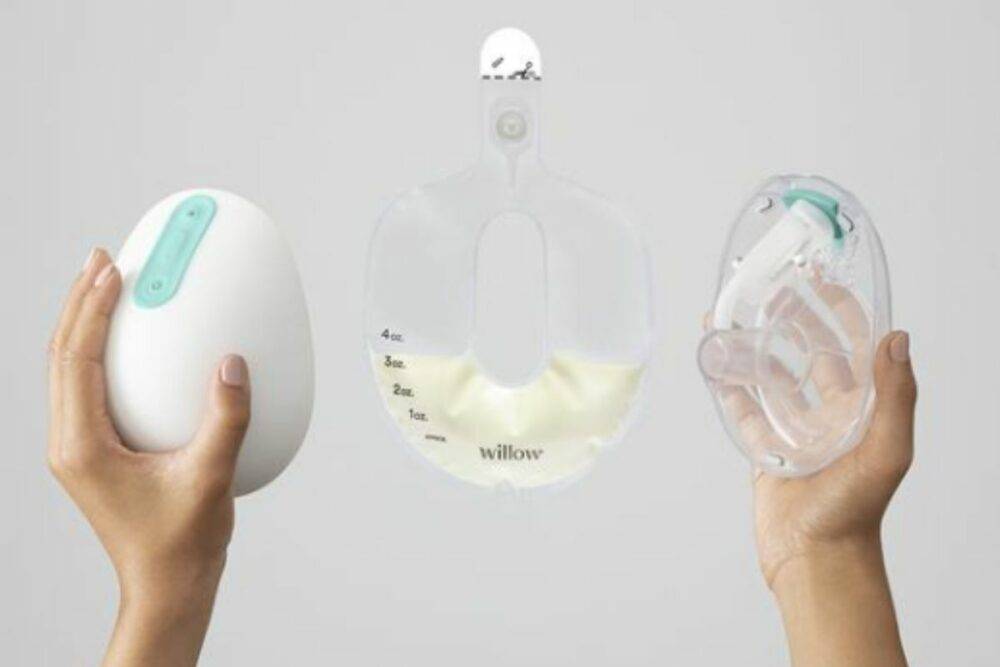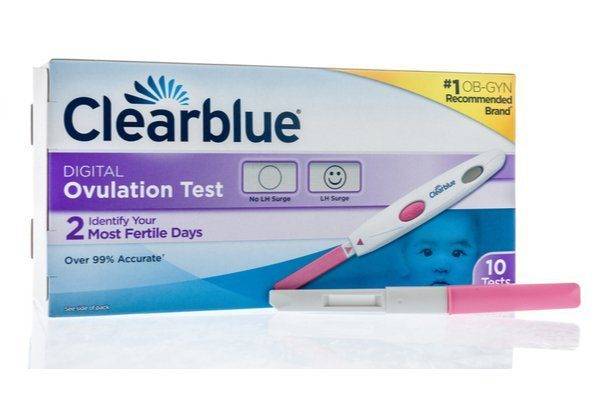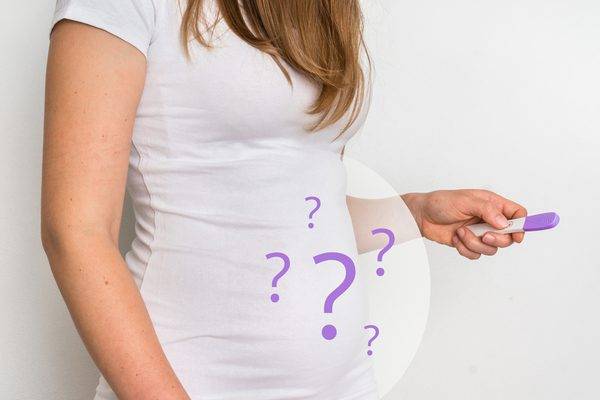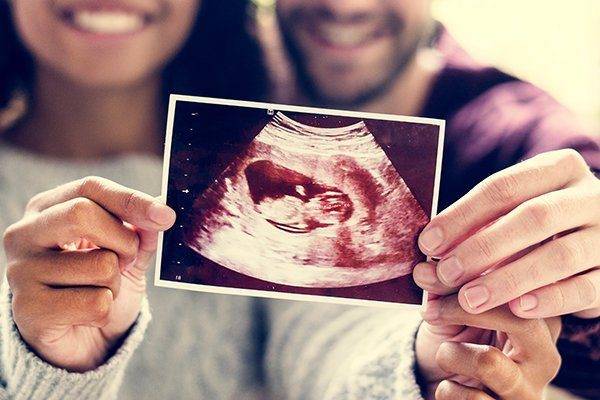We spoke with Deidre Downs Gunn, MD, a reproductive endocrinologist and infertility specialist at UAB, to have her answer some of the most common questions surrounding in vitro fertilization.
WHAT IS IN VITRO FERTILIZATION?
In vitro fertilization, or IVF, is an assisted reproductive technique that involves combining a woman’s eggs and a man’s sperm in the laboratory, growing the resulting embryos, and then transferring an embryo back into the uterus a few days after fertilization. This usually involves taking fertility medications to stimulate the ovaries.
During the stimulation, the ovaries’ response to the medications is monitored every couple of days with ultrasounds and lab work. When it’s time to harvest the eggs, you undergo an egg retrieval procedure, which is a vaginal procedure done under sedation and usually takes about 30 minutes. The eggs are mixed with the sperm in the lab, and usually, one or two embryos are placed back into the uterus on day 3 or 5 following the egg retrieval. This is called a “fresh” transfer when it’s done a few days after the retrieval.
You can also transfer one of your embryos that were frozen in an earlier IVF cycle, which is called a “frozen transfer.” After an embryo is placed in the uterus, you wait 10-14 days and then take a pregnancy test to find out if the transfer has resulted in pregnancy.
I’VE HEARD ABOUT PEOPLE FREEZING THEIR EGGS FOR LATER. WHAT DOES THAT MEAN, AND SHOULD I DO IT TO GUARANTEE MY FERTILITY IN THE FUTURE?
There are several reasons women might choose to freeze their eggs. For reproductive-aged women diagnosed with cancer who want to preserve their fertility in the future, egg freezing can be done before the ovaries are affected or damaged by chemotherapy. Other women (without cancer) choose to freeze their eggs for a chance at future pregnancy if you don’t have a partner or don’t want to be pregnant right now.
The rationale is to preserve your (younger, better-quality) eggs now since egg count and quality decline with age. This decline becomes worse around age 37, on average, and it begins to accelerate after the age of 40. Freezing eggs now allows you to freeze younger, better-quality eggs that can be fertilized later using sperm from your future partner or with donor sperm.
The important thing to remember is that freezing your eggs is never a guarantee of pregnancy. Also, some women need more than one egg-freezing cycle to obtain enough eggs for a reasonable chance at future pregnancy.
MY PARTNER IS HEALTHY AND HAS HAD CHILDREN BEFORE, SO HE SAYS HE’S NOT THE PROBLEM. WHY DOES HE NEED A SEMEN ANALYSIS?
Male infertility is either the primary factor or at least a contributing factor in 40-50% of couples with infertility. Because men’s sperm counts and motility can vary over time due to illness, stress, overweight or obesity, substance use, or hormone problems, the semen analysis is an important part of a couple’s testing so that any sperm problems can be addressed along with any contributing female factors.
IF I HAVE INFERTILITY, IS IVF MY ONLY OPTION FOR TREATMENT?
Infertility can be caused by many different factors, and often it’s a combination of factors in both the male and female partners. Depending on the results of your testing (which can include lab work, ultrasound, semen analysis, and a test to see if your fallopian tubes are open), there may be several treatment options available to you. It may be as simple as taking thyroid medication, taking a pill for 5 days in the early part of your cycle to help with ovulation, or doing insemination with your partner’s sperm (or donor sperm, if you don’t have a partner) around the time of ovulation.
For some patients, IVF is the only way to achieve pregnancy. For example, if your fallopian tubes are blocked so that the egg and sperm can’t meet to create a pregnancy, or if your egg count/egg quality is poor, or if the sperm counts are extremely low—these are all reasons that IVF might be the initial or only option to get pregnant.
MY DOCTOR SAYS I NEED TO LOSE WEIGHT BEFORE I START FERTILITY TREATMENT. WHY DOES MY WEIGHT MATTER?
Extremes of weight (being too thin or too heavy) can affect your fertility and pregnancy outcomes. Obesity, which is a BMI of 30 or higher, affects many reproductive-aged women in the U.S. Obesity can cause problems with ovulation and fertility. The good news is that research shows a fertility benefit even with modest weight loss (i.e. 5-10% of your body weight). When you become pregnant, obesity can greatly increase the risk of complications to mom and baby, including miscarriage, birth defects, hypertensive (blood pressure) disorders, gestational diabetes, stillbirth, preterm labor, and C-section risk.






